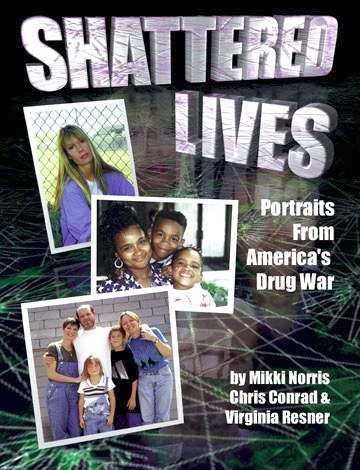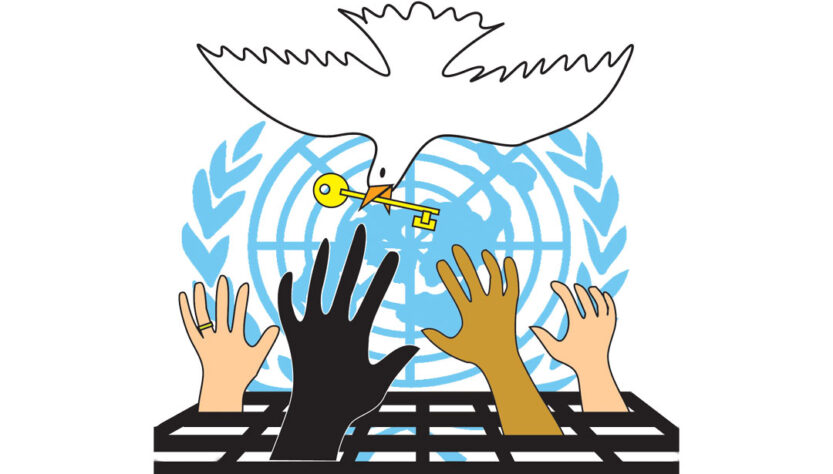You never have to touch any drugs or money to be prosecuted in the Drug War. It’s what you know; it’s who you know, and it’s what you don’t know.

That’s the idea behind conspiracy laws. In 1988, the Omnibus Anti-Drug Abuse Act added a significant dimension by including conspiracy convictions in the mandatory sentencing scheme.
People with no active participation in a drug offense are penalized for “aiding and abetting” simply for knowing about a situation and not reporting it to the police. Sometimes even for not knowing about a plan or situation prosecutors say they should have known about, and some even for trying to talk someone else out of committing a drug crime! Wives and girlfriends of offenders have suffered the brunt of this law.
Return to Human Rights and the Drug War
With that logic, no one is safe — except, of course, government agents and spies, who are paid to go out into society and manufacture, buy, sell, and use drugs, arrange deals, etc., to entrap and betray others.
In criminal cases such as murder, proof is required that an “act to effect the object of the conspiracy” has occurred. However, in 1994, Sandra Day O’Connor wrote a U.S. Supreme Court decision ruling that just talking about breaking a drug law is enough. R
ather than requiring drug laws to be Constitutional or even consistent with other criminal codes, the Court ruled that “Congress appears to have made the choice quite deliberately” and cited as precedent an English case from 1705, which held that “the very assembling together was an overt act.” These are exactly the kind of Orwellian laws that the Bill of Rights was written in 1781 to prevent.
